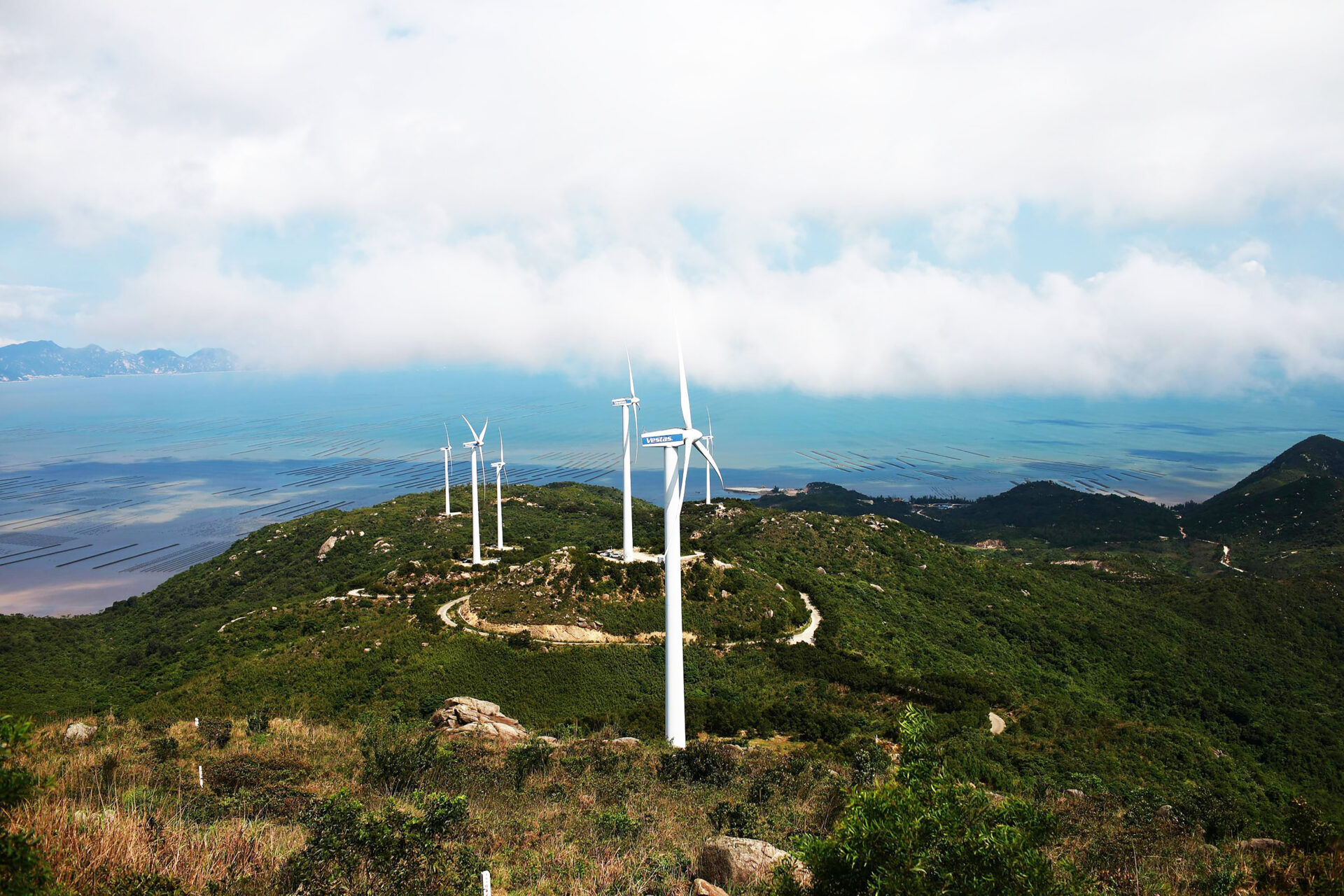New Delhi: The Asia LEDS Partnership (ALP) successfully concluded its flagship event, the Asia LEDS Partnership Forum 2024, held from 20 to 22 August 2024 at the United Nations Conference Centre in Bangkok, Thailand. This year’s forum, themed “Towards Decarbonization in the Asia Pacific through 2025 NDCs,” brought together over 160 participants from 32 Asia-Pacific nations, who engaged in crucial discussions aimed at advancing low-emission, climate-resilient development across Asia.
The Forum served as a dynamic platform for country representatives, policymakers, donors, practitioners, and sector experts to collaborate on the latest strategies and practices for achieving ambitious climate goals in the Asia-Pacific region. The discussions covered the enhancement and implementation of Nationally Determined Contributions (NDCs) and Long-term Low Emission Development Strategies (LT-LEDS), focusing on the energy and transport sectors, particularly in light of the 2025 deadline for the submission of the third round of NDCs.
The inaugural session on 20 August 2024 also witnessed the announcement of the opening of the Competitive Procurement Center (CPC), a knowledge hub based in Bangkok, Thailand. This USAID initiative will serve as a one-stop-service and focal point for the dissemination of global best practices and provision of technical know-how for the procurement of clean technology, clean energy systems, and associated services across Southeast Asia. The CPC will offer essential resources, including case studies, market evaluation, and procurement guidelines customized for regional interests and needs. The CPC Secretariat is hosted by ICLEI South Asia in partnership with CREAGY and SUSCA and advisory support from WRI.
Over the course of the three-day event, participants explored regional cooperative strategies and shared insights from their experiences with NDC planning, financing, and implementation. The Forum featured comprehensive sessions on long-term LEDS vision setting, regional overviews, institutional arrangements, and sectoral roadmap development. A significant portion of the event was dedicated to strengthening sustainable energy & mobility policy framework and regulations, competitive procurement of clean power, financing clean energy, sustainable transport roadmaps, and strategies along with innovation, financing, investment, collaboration and upskilling required for creating an enabling environment for transition towards low carbon mobility.

